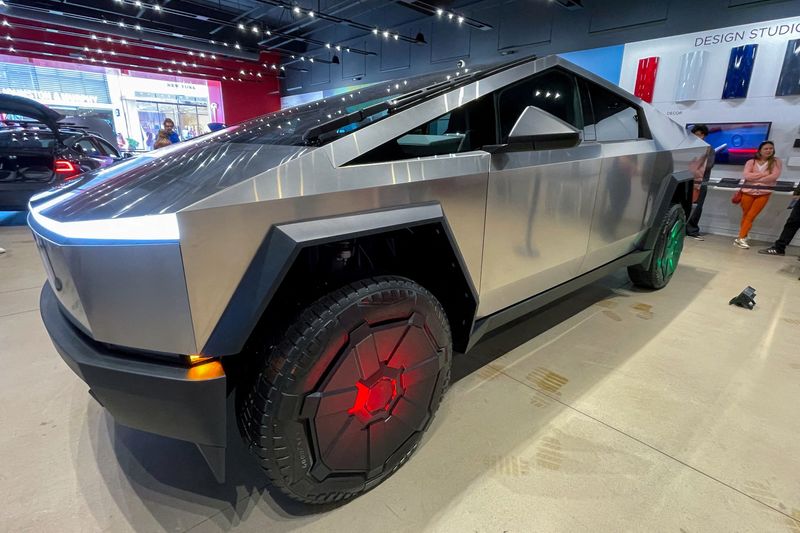Many electric vehicles lost eligibility for tax credits of up to $7,500 after new battery sourcing rules took effect on Monday, including the Nissan Leaf, Tesla Cybertruck All-Wheel Drive, some Tesla Model 3s and Chevrolet Blazer EV, the U.S. Treasury said.
The Treasury issued guidelines in December detailing new battery sourcing requirements aimed at weaning the U.S. electric vehicle supply chain away from China. They took effect on Monday.
The number of EV models qualifying for U.S. EV tax credits fell from 43 to 19. Those figures include different versions of the same vehicle type. Treasury said some manufacturers have yet to submit information on eligible vehicles, which could lead to changes in the list.
…
The 2022 Inflation Reduction Act law reformed the EV tax credit, requiring vehicles to be assembled in North America to qualify for any tax credits, eliminating nearly 70% of eligible models at the time.



Too bad plugin hybrids are not more available. My family uses a 10 year old Chevy Volt as our main vehicle. It gets 38 miles/60km on battery which covers most of our driving. Only longer trips on the weekends or the occasional road trip uses any gas. The dehumidifier I run to keep the basement dry uses more electricity than the car. It does ok in snow with winter tires, as long as the snow isn’t too deep. I’m in rural great lakes region in a snow belt.
What I want is a plug in hybrid diesel truck, so I can run on battery 95% of the time, but still use it for camping trips (where it would also double as a battery pack and generator)